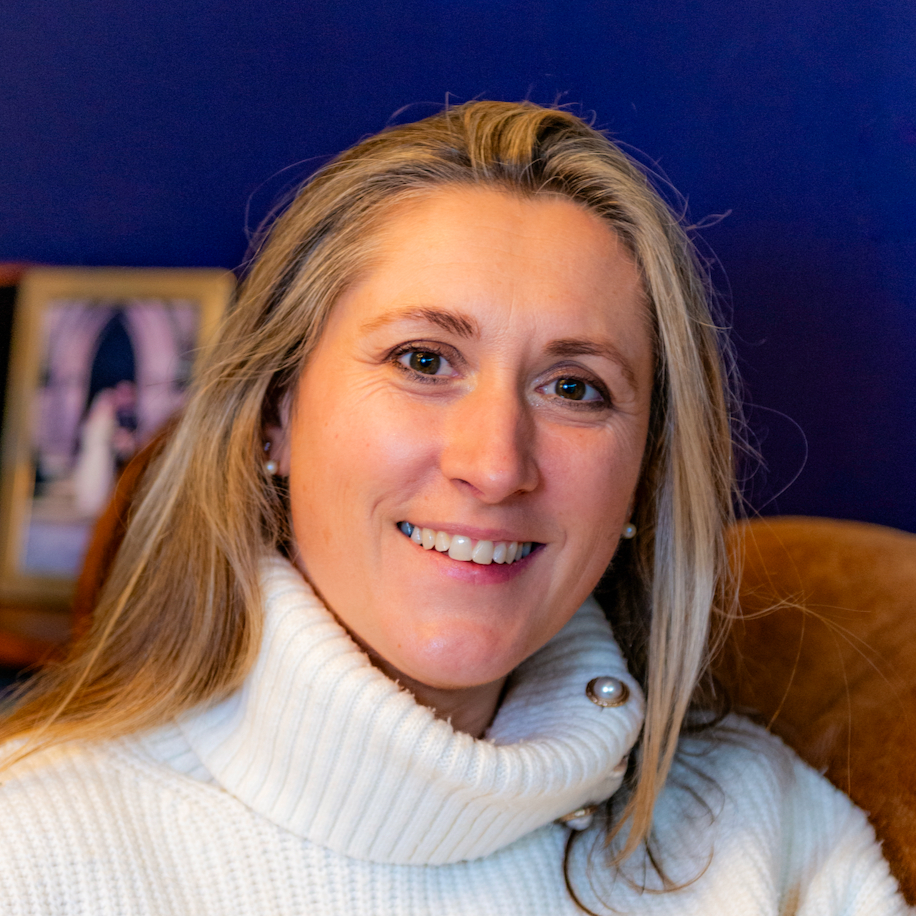Finding Meaning in Remembrance
- Emma

- Nov 10, 2025
- 3 min read
A day when I acknowledge not just what was lost, but also what continues

Remembrance Day means different things to so many of us. As a young widow, for me it isn’t just about the two minutes of silence, the parades, or the poppies. It’s a deeply personal day that brings together pride, gratitude and grief… it is a time to remember my late husband, his service, and the life we once shared.
I became a military widow in 2016 when my husband died of oesophageal cancer. I was 39, with two young daughters aged six and eight years old. Overnight life changed completely and irreversibly. I went from being part of a partnership built around love, family and military life, to raising our girls alone and facing a future I hadn’t planned for that had previously only existed in my worst nightmares.
It seems ironic that at the time my husband died, I was working as a private client solicitor, helping people with wills, powers of attorney and probate. I never imagined I would be the one working my way through that paperwork and having those conversations with my own family. The practical and emotional shock of loss collided in a way that is hard to describe. You are expected to manage the paperwork, finances and future plans while your whole world feels as if it has stopped and been turned upside down.
As the months and years have passed, I have realised that the death of a loved one brings with it many secondary losses. Beyond the obvious pain of losing my husband, there are quieter but equally painful changes: the financial adjustments, the loss of our military community, and the identity I had as a wife within that world. Military life is more than a job; it is a way of life… a culture, a rhythm and a shared sense of purpose. When that disappears, it leaves a huge space that is not easily filled.
Even now, ten years later, I still have days when I miss the language, the camaraderie and the belonging that comes with being part of the Royal Marines family. It was the secondary losses inspired me to help create the WAY (Widowed and Young) Military Subgroup in 2020, so that others who had lost partners in service could still find connection and understanding.
The WAY community has become an important part of my own healing too, being amongst people who “get it” where we can speak freely and support one another without having to explain the military side of our grief. I also became an Ambassador for Widowed and Young and a Trustee of the RMA (Royal Marines) Charity. Both roles allow me to stay connected to these two communities that have shaped my life: the widowed community and the military family.
A few years into widowhood, I retrained as a counsellor and founded Rainbow Hunting, my own practice supporting others through grief and life’s major transitions. The name comes from the idea that even after the darkest storms, it is possible to look for colour and meaning again. We can’t control the storms, but we can keep hope and faith in the fact that they all eventually end and we can find joy again.
Remembrance Day holds all of this for me and more. It is a moment to stand still and remember the man I loved, his service, his courage and his laughter. But it is also a time to reflect on the broader picture of what service means: the families who hold things together behind the scenes, and the lives that carry on after loss. It is a day when I acknowledge not just what was lost, but also what continues, including the values, the friendships and the love that endures.
Finding new communities, working out who I am post-bereavement and the roles that I enjoy after loss has created this new world I have created around the grief. It has not replaced what I lost, but I have discovered my own way to carry it differently. Connection, for me, is key… us humans were born to be in a tribe, not to struggle on alone. Sometimes the hardest thing, which is asking for help and support, is exactly what we need in order to remember the past while still finding purpose in the present.
About Emma

Emma Gray supports clients through various forms of bereavement, anticipatory grief, complex emotions, and life transitions, believing that grief doesn't have to be merely survived but can be transformed into a foundation for renewed meaning, and connection. You can find out more about Emma here.




Comments